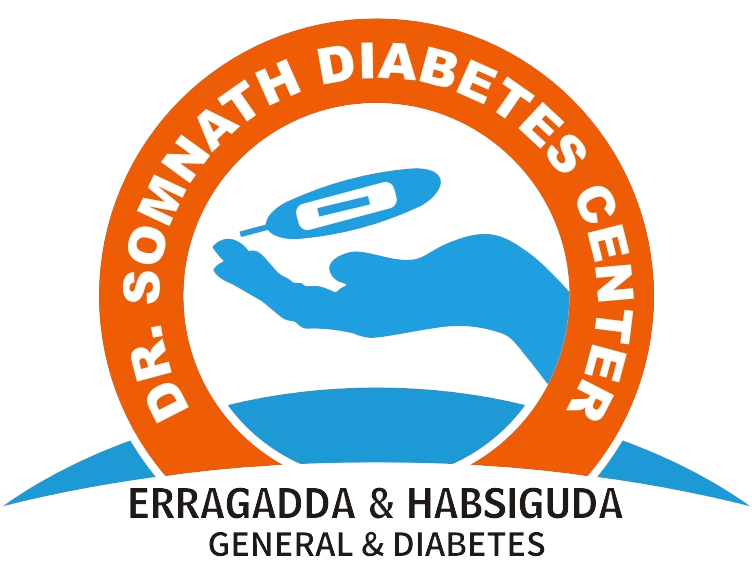HIV Counselling
HIV Counselling
HIV testing and counselling (HTC) is a package service intended to allow people to make informed decisions regarding knowledge of their HIV status and the implications of those decisions.
Importance of HTC
- For individuals.It allows people to make informed choices about their future practices and behaviours. It enhances their ability to reduce their risk of acquiring or transmitting the infection to others; it helps them cope with their HIV sero-status; and it is a gateway to prevention, care, treatment and support.
- For communities.More people knowing and understanding the implications of their sero-status within a certain community can result in raising community awareness, in reduction of stigma, discrimination and denial and in mobilizing collective action.
- For populations. It can feed into better understanding of epidemic trends and drivers, and hence, results in better planning and response.
Guiding principles of HTC
Public health approach and rights-based approach are the basis of HTC. Some of the guiding principles for providing HTC are the following.
HTC should be voluntary. Mandatory testing is not an ethical practice and has proven limited effectiveness as a public health measure. The service should be accessible to all those who voluntarily want to know their HIV status.
No individual should be tested without obtaining his/her informed consent.
Confidentiality should be ensured and maintained: Each individual has the right to privacy. Only professionals who are directly involved in an individual’s case management are entitled to access his/her files, records and personal information.
Testing should be always accompanied by counselling.
Who should get tested?
- All individuals who wish or need to know their HIV sero-status.
- All individuals showing signs or symptoms of HIV infection.
- All individuals who have been or suspect having been exposed to HIV through an accident or a certain practice or behaviour.
- All individuals who are at increased risk of acquiring the HIV infection. These include high-risk groups and pregnant women in high prevalence settings.
Elements of HTC service
Testing and counselling can be client initiated (CITC), i.e. a person presents to a service facility requesting to be counselled and tested. It can be also provider initiated (PITC), i.e. initiated by the health care provider as a standard routine procedure for all patients who are in contact with the health care system in countries of generalized epidemic; or in low and concentrated epidemic areas, for patients in clinics for tuberculosis, sexually transmitted infections, dependence treatment centres and antenatal care clinics for pregnant women. Provider-initiated counselling and testing should always observe the right of the client to refuse taking the test.
The components of a HTC service include the following.
- Pretest counselling. The depth of pretest counselling varies between PITC and CITC. In PITC it is limited to providing the clients/patients with enough information to enable an informed decision on whether or not to take the HIV test. In CITC, counselling is more patient/client centred. It includes assessing the risks and the adequacy of the timing of taking the test (to avoid testing in the window period), informing the client of the benefits of taking the test and of the implications of both positive and negative results, and assure him/her of the right to refuse taking the test. This information is critical to obtain the informed consent of the patient. Moreover, during pretest counselling the client is encouraged to anticipate the possibility of beneficial disclosure of sero-status status (e.g. sexual partner, family member, etc.); and is provided with preventive information and material.
- Testing.Sero-status of the client is confirmed only with a biological test. A non-reactive test means negative sero-status. A reactive test should always be confirmed with two subsequent tests using different testing protocols.
- Post-test counselling.Both HIV-positive and HIV-negative test results should be delivered by a counsellor or a health care provider, in order to manage the shock and ensure proper understanding of the meaning and implications of the result. HIV-positive individuals should be informed of their options and advised and referred for further care, treatment and support services as needed. In addition, beneficial disclosure of positive sero-status is discussed and encouraged, along with the provision of prevention information and material.
HIV-negative individuals should be counselled and provided with information and material that help them remain HIV negative. Individuals with special conditions exposing them to high risk of HIV can be referred to care and support services relevant to their situation (e.g. injecting drug users can be referred to harm reduction services or drug treatment facilities).
Rapid tests
Where quality assurance measures are enforced, the use of simple rapid tests is important due to the fact that:
- they do not require sophisticated technology and highly trained personnel. Reliability of the tests may be equivalent to more sophisticated testing technologies
- they can give results within 20 minutes, hence reducing the waiting time for anxious individuals and limiting the chances of loosing the patient for follow-up.
Models of HTC service delivery
- Self-standing CITC services (VCT)
- Mobile VCT
- Integrated within services for high-risk groups (e.g. dependence treatment facilities)
- Integrated within health services that are most likely to be used by people living with HIV (PLWHA) or those at risk of HIV (e.g. antenatal care clinics, TB clinics, STI clinics).
